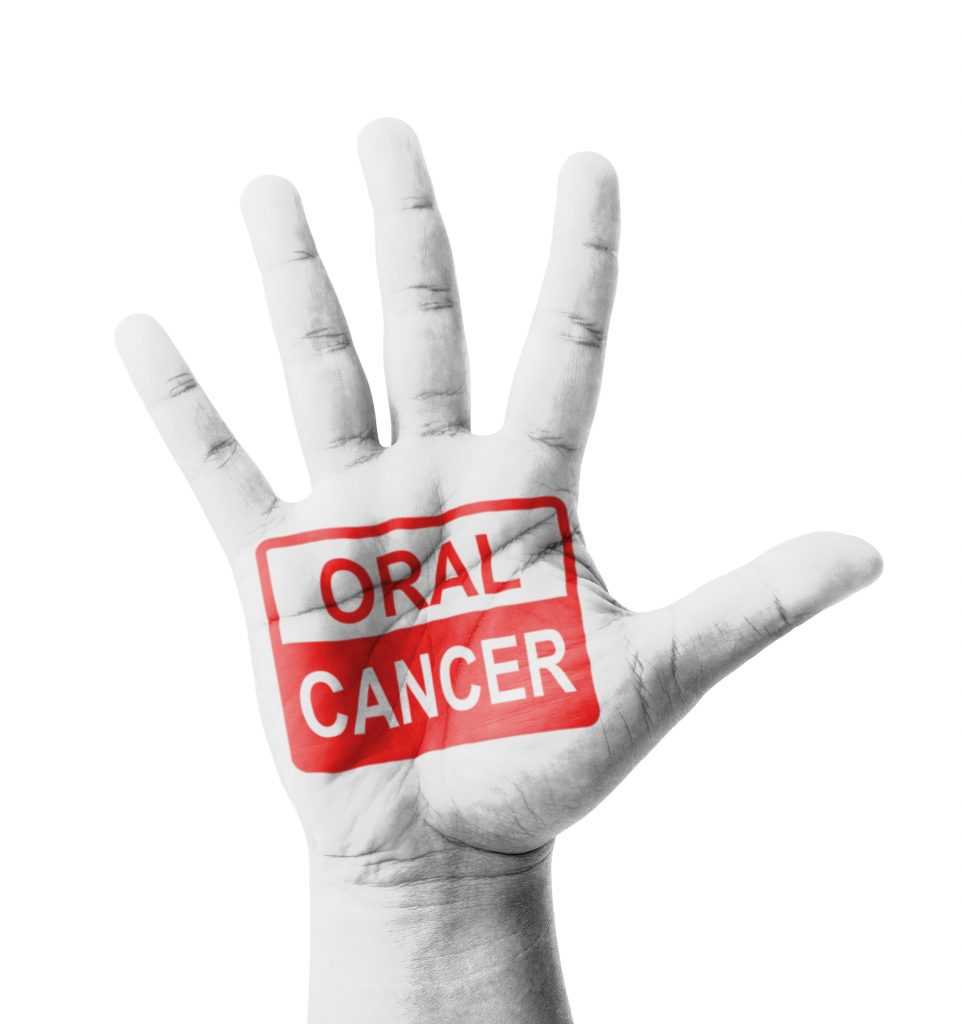
Oral cancer is an increasingly growing health concern in America. Studies reveal that human papillomavirus (HPV) infection has something to do with it.
HPV and Oral Cancer
This year, the American Cancer Society predicts that there will be more than 49,000 cases of cancer of the pharynx and oral cavity in men. An expected 7,000 men will be casualties of these diseases.
In a report from 2016, it showed that insurance claims for the condition jumped 61% from 2011 to 2015. The increase was evident and dramatic in throat cancer and tongue cancer, with the data showing these were three times more common in men than women: 74% to 26%, respectively.
Oral cancer is an umbrella term that includes cancers of the pharynx, tongue, cheeks, lips, hard and soft palate, and the floor of the mouth.
Oral & Maxillofacial Surgery Associates explains that any change in the appearance of the mucosa (the skin inside your mouth) can signal oral cancer. Signs include unexplained bleeding and the development of white or red patches in the mouth, numbness, tenderness in, or the growth of persistent sores on any area of the mouth, neck or face.
Prevention is Key
A person can get HPV through skin-to-skin contact; HPV16 is the type linked to cancer. The risk for HPV infection grows with smoking and heavy drinking. Although this type of infection is becoming more common, especially for younger people, it’s not the only reason behind oral cancer.
Other risk factors are poor nutrition with a low diet in fruits and vegetables, weak immune system, genetic disorders, and graft-versus-host disease, which is a condition that could develop post stem cell transplant.
Apart from getting oral cancer screenings, you can also prevent it by changing your lifestyle, especially your diet. Eat more berries, cruciferous vegetables (cabbage, broccoli, kale, and cauliflower), figs, grapes, and citrus fruits. You can also exercise more and avoid smoking.
Oral cancer is a growing problem in America. Whether it’s HPV-related or not, screenings and awareness of the condition may prevent the condition.

